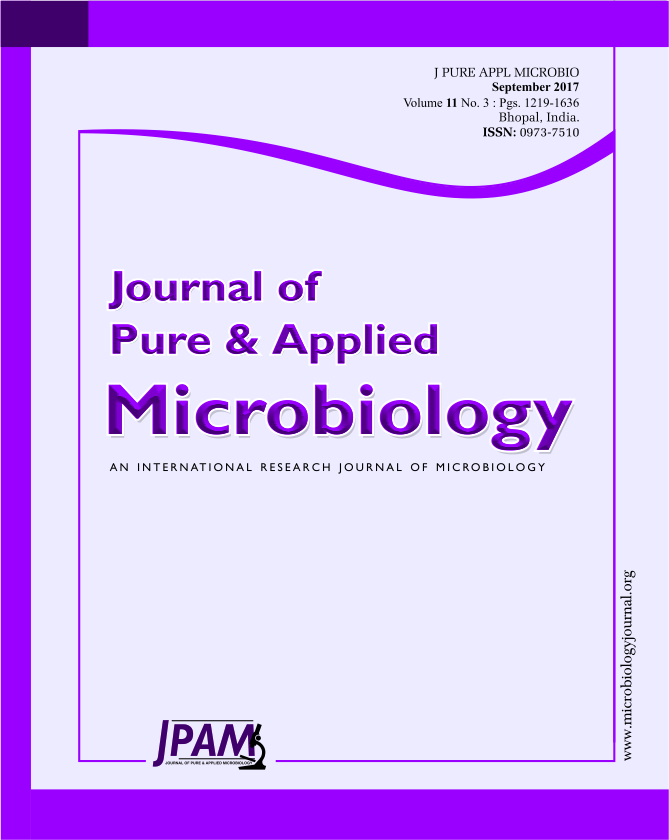Since rhizobacterial strains play vital role in plant growth, objective of this research was to isolate antagonistic rhizobacterial strains namely, B. cepacia, C. freundii and S. marcescens from mustard plant rhizospheric soil sample based on morphological, biochemical and molecular identification. The16S rRNA gene sequences of rhizobacterial isolates Burkholderia cepacia, Citrobacter freundii and Serratia marcescens were submitted to GenBank with accession numbers LC169488, LC169489, LC169490 respectively. Some biochemical test were performed like siderophore production test, HCN test, cellulase and lipase test to estimate different mechanisms adopted by our isolates to inhibit fungal and bacterial phytopathogens. The rhizobacterial isolates were investigated for the ability to perform as antagonistic biocontrol control agents to inhibit fungal pathogens namely Rhizoctonia solani and Phytophthora infestans that causes stem canker, black scurf in potato and late blight or potato blight disease respectively. The rhizobacterial isolates were also screened for their ability to inhibit Staphylococcus aureus and Escherichia coli that are common bacterial pathogens. Antibiotic susceptibility profile of our isolates was also observed. Present study thus reveal that our isolated strains B. cepacia, C. freundii and S. marcescens are efficient biocontrol agents and can be used as potential biofertilizers to wean our society off of its widespread use to agricultural chemicals.
Rhizobacteria, antifungal activity, antibiotic susceptibility.
© The Author(s) 2017. Open Access. This article is distributed under the terms of the Creative Commons Attribution 4.0 International License which permits unrestricted use, sharing, distribution, and reproduction in any medium, provided you give appropriate credit to the original author(s) and the source, provide a link to the Creative Commons license, and indicate if changes were made.


